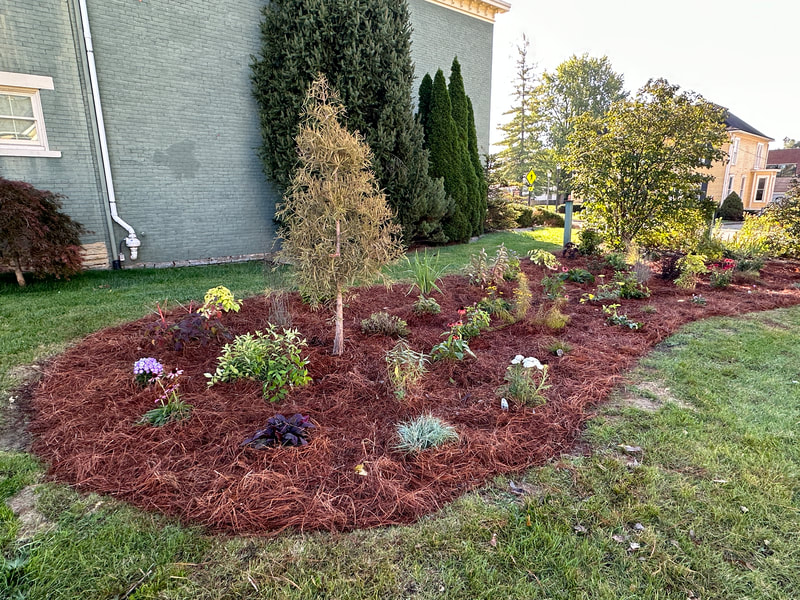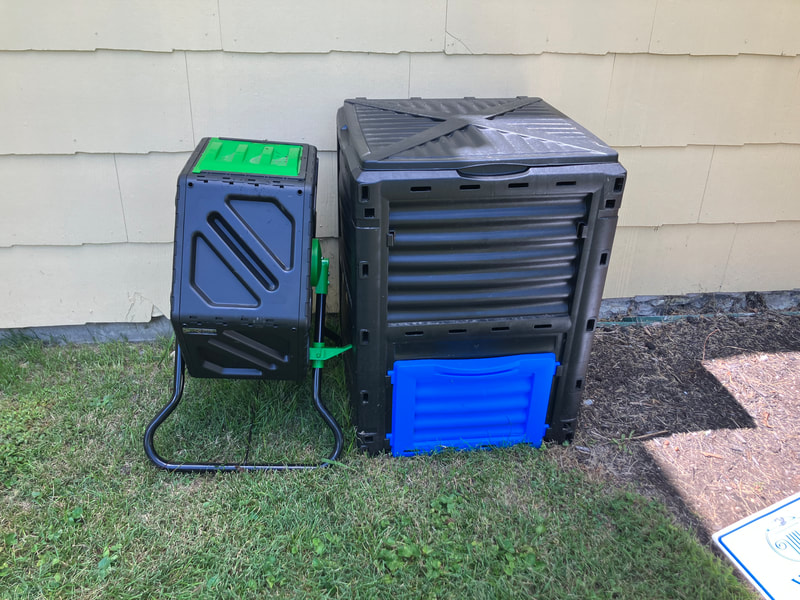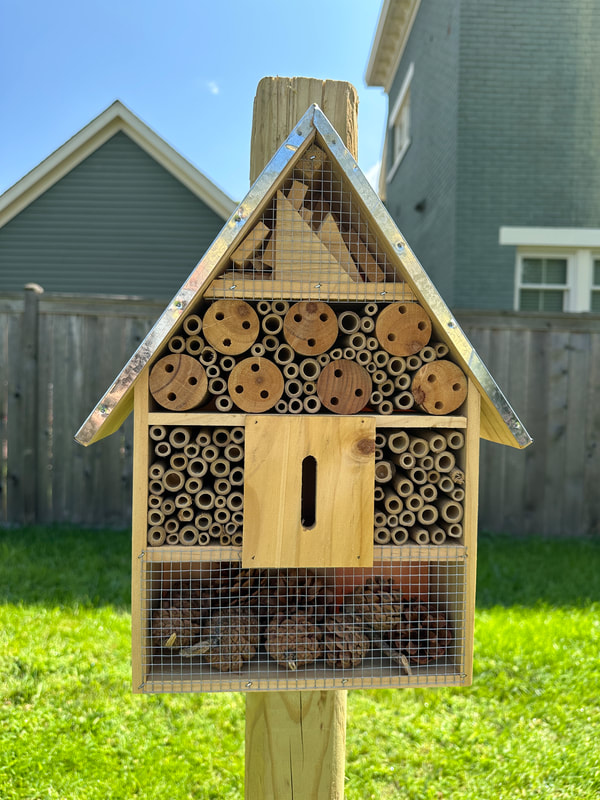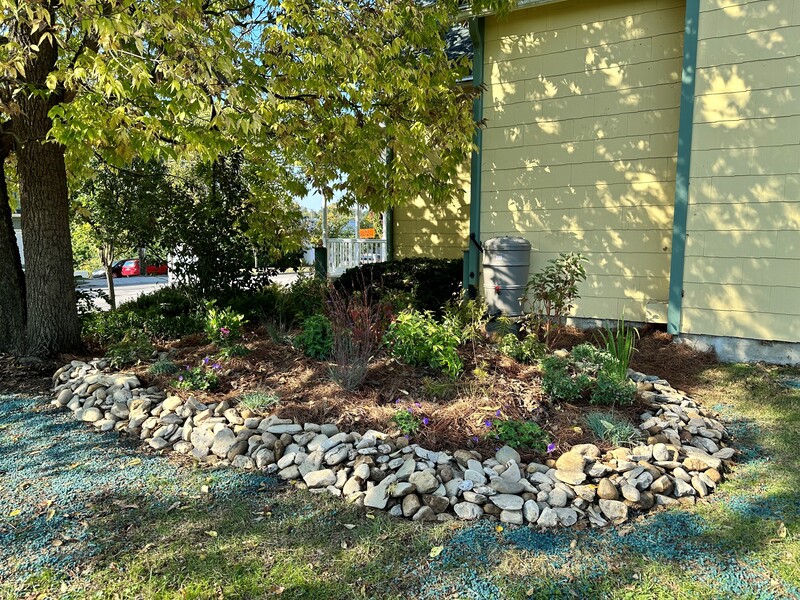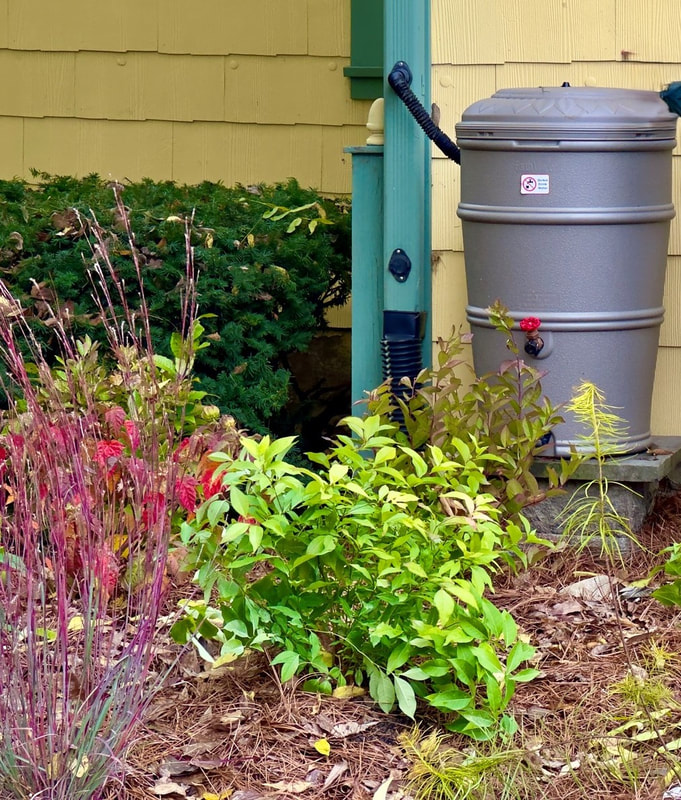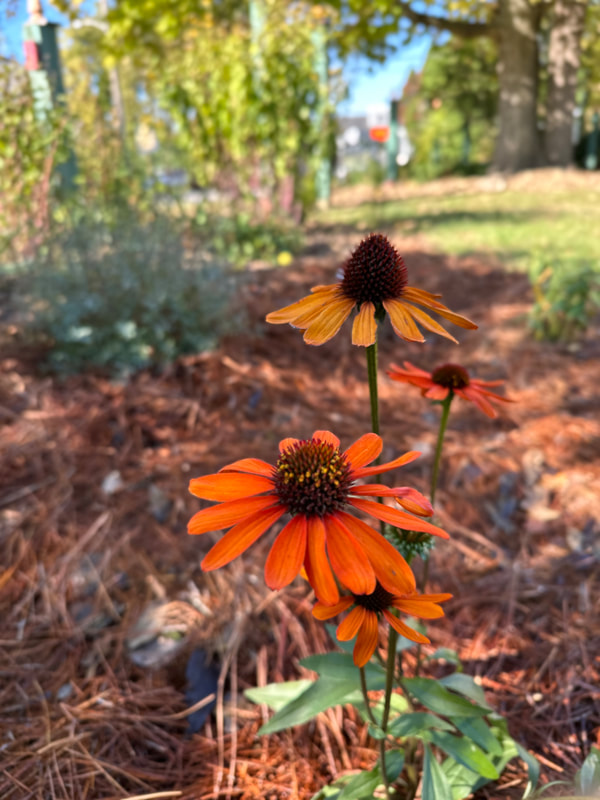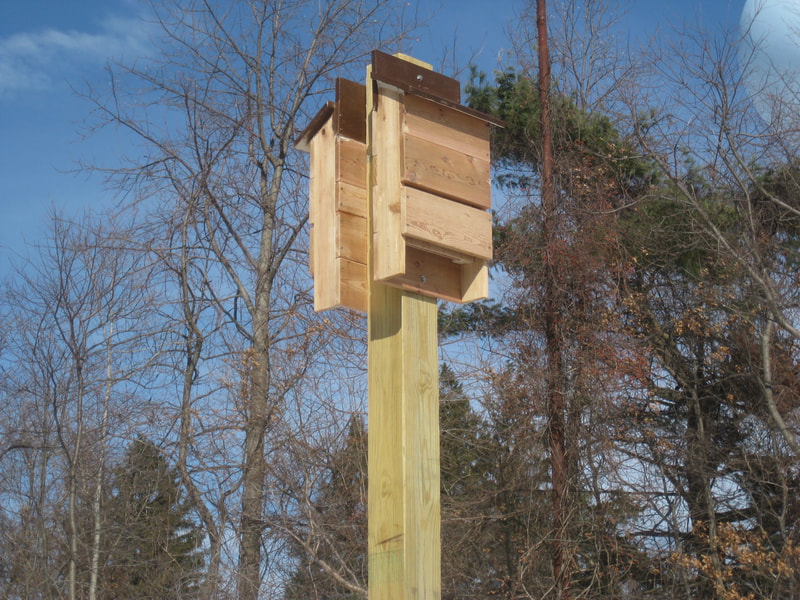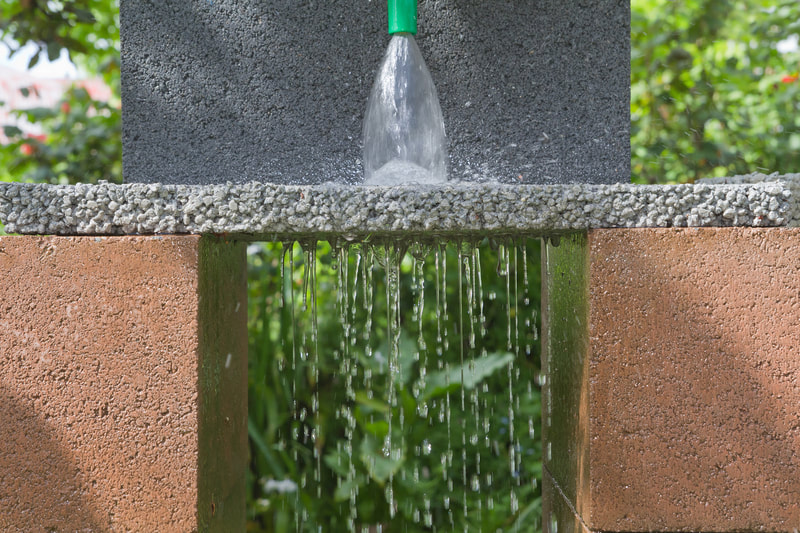Warren County Soil and Water Conservation District (Warren Co SWCD) and the Warren County Foundation have entered into a partnership to promote conservation best management practices with the establishment of the Urban Conservation Learning Lab. This public education space demonstrates simple, affordable conservation opportunities that Warren County residents can implement to help improve the quality of stormwater and soil and to promote pollinators.
Various small best management practices that most homeowners could build and maintain regardless of their lawn size have been installed on the previous open lawn space next to the Warren County Foundation. This Learning Lab is not only a demonstration site, but also an outdoor classroom and programming space by Warren SWCD. The following areas of conservation are highlighted:
Water Quality - In most urban settings, approximately 55 percent of rainwater becomes surface runoff. This can negatively impact water quality as sediment and unseen pollutants, such as lawn fertilizers and chemicals, may be free to move with urban runoff. Extensive surface runoff during and after high intensity rainfall events can increase the likelihood of local and downstream flooding. Conservation measures help to capture and infiltrate stormwater, reducing a property’s contribution to water quality degradation, flashy stream flows, and localized flooding.
Loss of Pollinator Habitat - Pollinating insects are among the most important to human populations and native biodiversity as they facilitate the vital process of pollination, either to perpetuate native plant species or produce many of the crops we rely on for food at the global scale. Pollinators are in decline for a variety of reasons including the loss of habitat. We seek to install a variety of small best management practices that most homeowners could build and maintain regardless of their lawn size.
Various small best management practices that most homeowners could build and maintain regardless of their lawn size have been installed on the previous open lawn space next to the Warren County Foundation. This Learning Lab is not only a demonstration site, but also an outdoor classroom and programming space by Warren SWCD. The following areas of conservation are highlighted:
Water Quality - In most urban settings, approximately 55 percent of rainwater becomes surface runoff. This can negatively impact water quality as sediment and unseen pollutants, such as lawn fertilizers and chemicals, may be free to move with urban runoff. Extensive surface runoff during and after high intensity rainfall events can increase the likelihood of local and downstream flooding. Conservation measures help to capture and infiltrate stormwater, reducing a property’s contribution to water quality degradation, flashy stream flows, and localized flooding.
Loss of Pollinator Habitat - Pollinating insects are among the most important to human populations and native biodiversity as they facilitate the vital process of pollination, either to perpetuate native plant species or produce many of the crops we rely on for food at the global scale. Pollinators are in decline for a variety of reasons including the loss of habitat. We seek to install a variety of small best management practices that most homeowners could build and maintain regardless of their lawn size.
Address: 118 E Main St, Lebanon, OH 45036 (next to the Warren County Foundation building)
Hours: Daily from dawn to dusk
Hours: Daily from dawn to dusk
